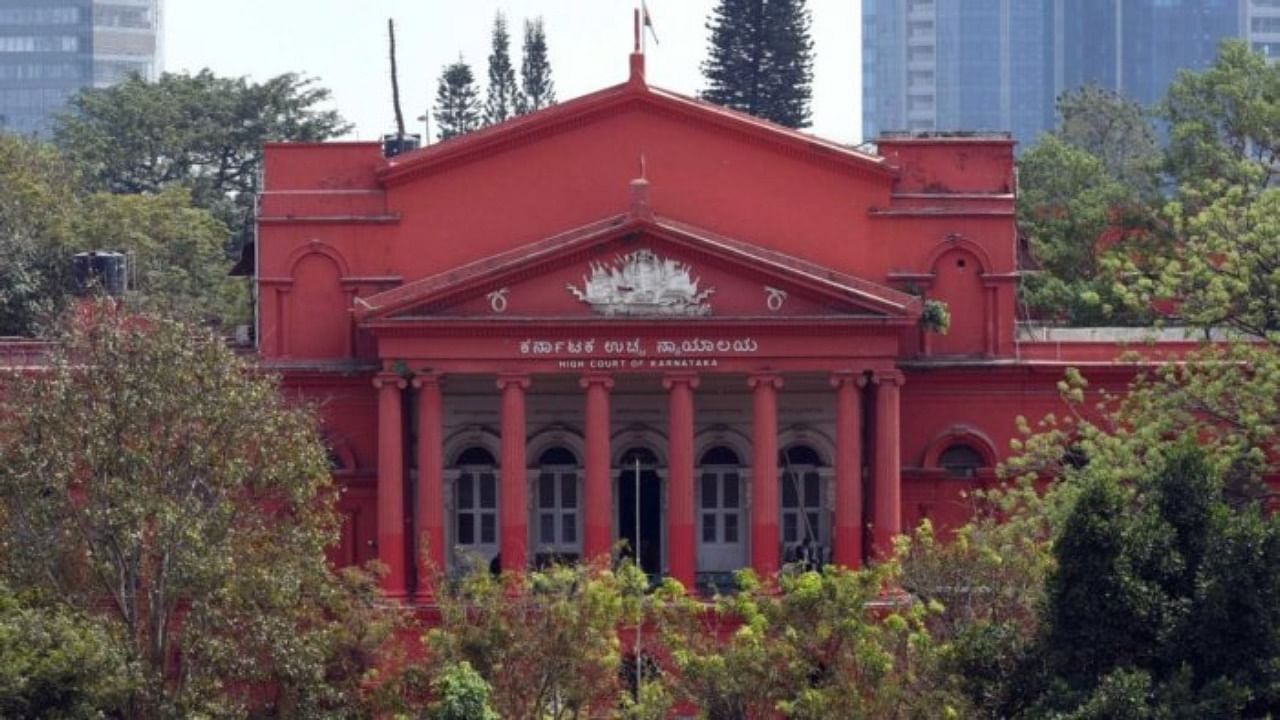
The High Court of Karnataka has rejected the petition filed by Social Democratic Party of India (SDPI), a registered political party, challenging the state government’s action of locking its office premises in Mangaluru. The court has, however, reserved liberty to urge all contentions before the district judge under the Unlawful Activities Prevention (UAP) Act, if so advised.
On September 27, 2022, the union government had declared the Popular Front of India (PFI) and other affiliates or fronts as unlawful organisations. The Centre had further delegated to the state governments to take action in terms of the UAP Act. The next day, the state government took several steps and locked the premises of the organizations, including the office of SDPI in Mangaluru.
The SDPI contended that it was not linked with the PFI even according to the notification issued by the union government. It further claimed that the state government transgressed the power beyond the notification issued by the union government.
On the other hand, the state government submitted that the offices of the SDPI were sealed on account of them being allegedly used by the banned organization. It was further stated that there is an alternative remedy depicted in the notification itself which is in tune with the UAP Act.
Justice M Nagaprasanna said that the notifications issued by the state government to seal the premises are under sub-sections 3 and 4 of section 8 of the UAP Act. The court added that the alternative remedy under section 8 (8) of the UAP Act is statutory as recording of evidence for the acts of the state is imperative.
“More so, in the light of the contention that the state government has acted beyond the powers conferred on it would be neither here nor there as the state government has, on certain inputs to it, imposed seals or clamped upon the offices of the petitioner along with others. Merely because all the offices in Mangaluru are sealed and not anywhere else would not mean that evidence would not be required for the petitioner to prove its case in terms of Section 8 of the Act,” Justice Nagaprasanna said.